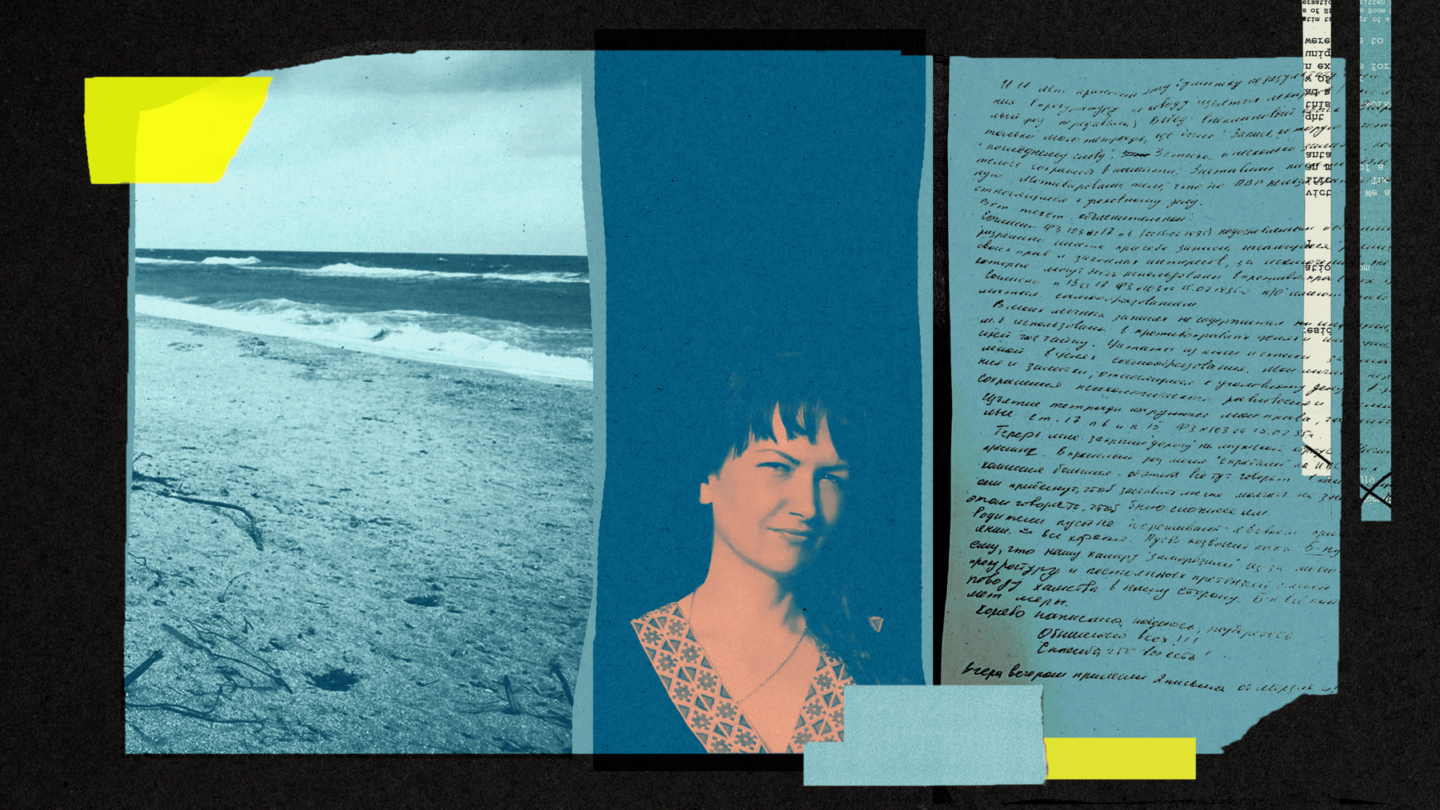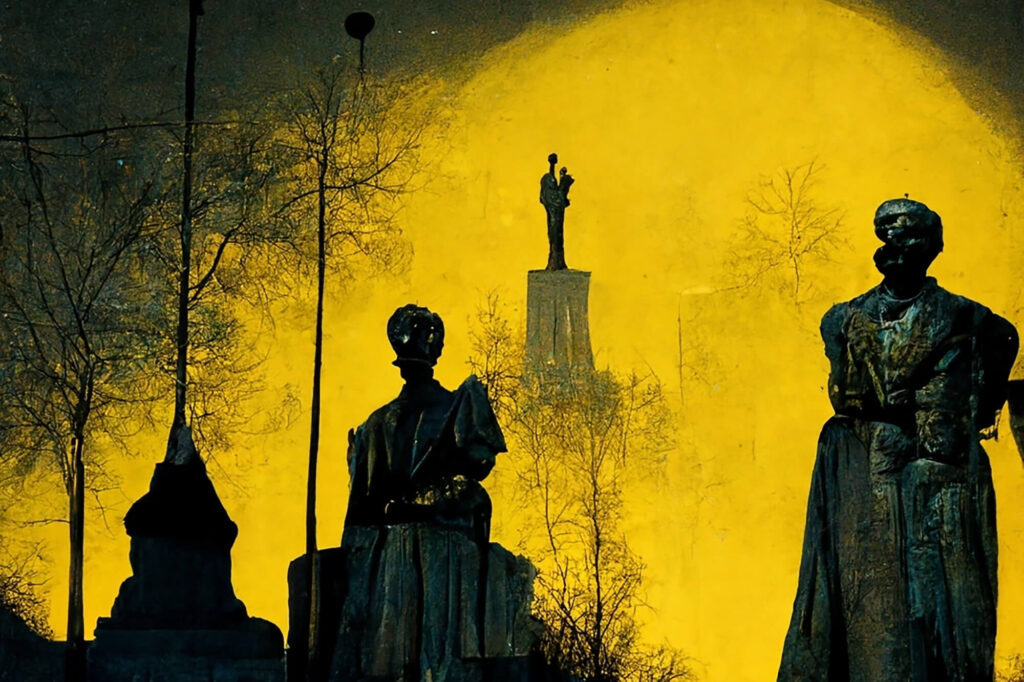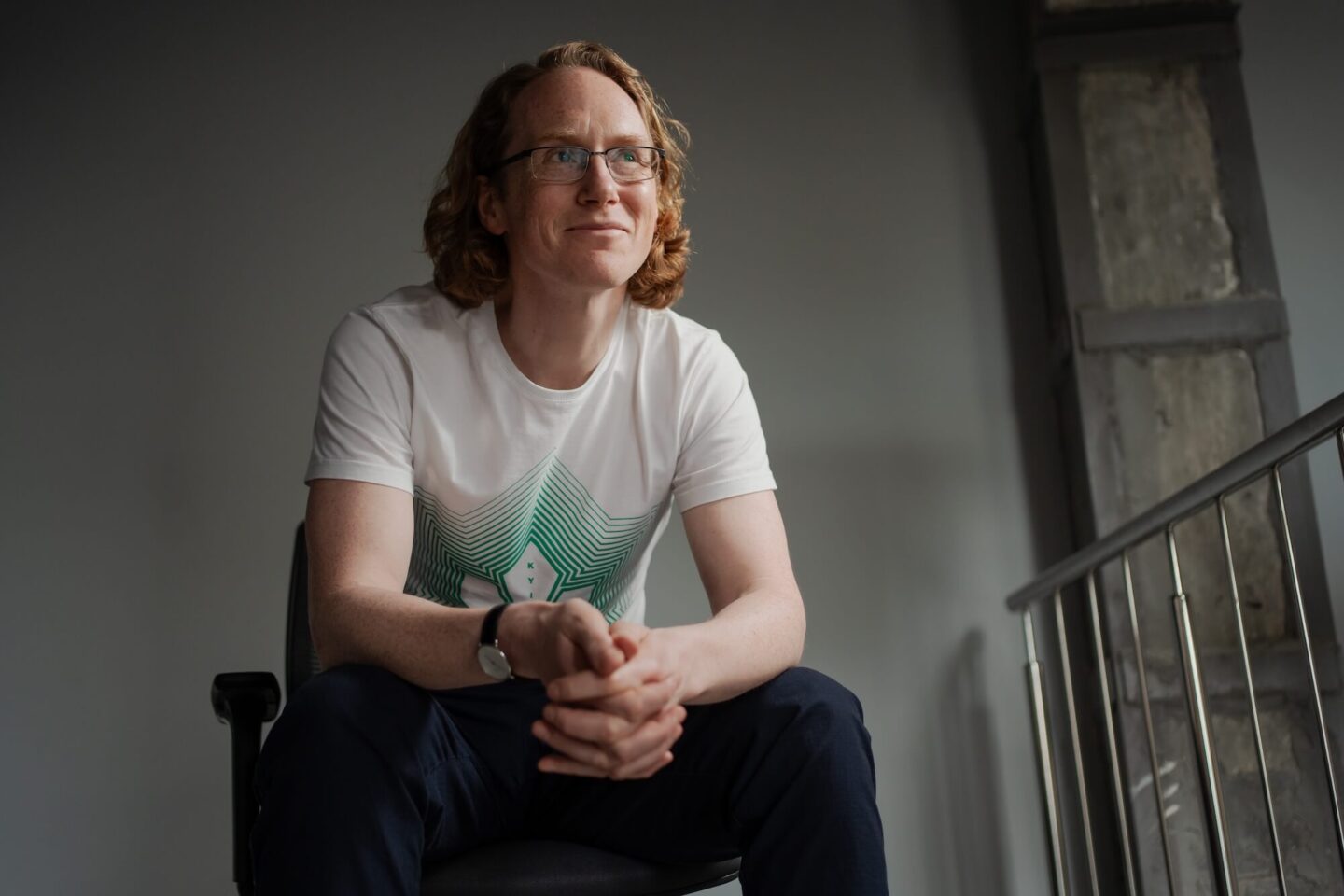The Ukrainians Media is an award-winning independent media company focusing on high-quality, long-form, and visual journalism. Our mission is to foster positive social changes in Ukraine.
This story was created thanks to the support of our readers. Please join The Ukrainians Community on Patreon and help us publish more important and interesting stories.
Opinion polls show that the number of Ukrainian citizens switching to the Ukrainian language is increasing—not to mention the growing number of those who consider Ukrainian their native language. But opinion polls are just one story. We hear for ourselves how many people now speak Ukrainian on the streets, in coffee houses, and in government offices. We observe how the Ukrainian language is finally becoming the language of the majority.
One might heave a sigh of relief and say that Ukrainians have finally realized the importance of the language and have made a civilizational turn. But we understand very well that for many people the transition to the Ukrainian language is first and foremost a gesture of protest against the country whose language they have spoken all their lives and which is now shelling and destroying their motherland, killing their loved ones and reducing their towns and villages to rubble.
Perhaps that is enough for many people. But for me, it is important that the Ukrainian language should change from a language of protest against Russian aggression to a language of love. The language of love for Ukraine, for its culture, for its past and present. The language of love for the language itself, after all.
I speak, write, and—most importantly—think in Ukrainian, not in protest against Russian. Just as you leave someone who has become a stranger to you for the sake of someone you love, not in protest against your previous partner. But because you fall in love with someone you want to be with. I believe that this should be the attitude towards language in the future.
But it is not a question of words. It is a question of actions. We must be prepared for the fact that after the war—or rather, not even after the war, but after intense hostilities are over—society will begin to come off the anesthesia of war. And then many of those who speak Ukrainian with us now will shift back to Russian—simply because the war will be over and it will be easier that way. Therefore, the sharpness of the protest will gradually subside, like any strong negative emotion. And the crucial question is whether the Ukrainian state and Ukrainian society will be able to offer the Ukrainian language not as an alternative, but as a necessity, as an element without which the state and the nation itself will not exist, as a guarantee that we will live not only in our own homeland but in our own world.
Government policies in the areas of culture, education, and support for public initiatives aimed at the development of the Ukrainian language must be developed to reinforce these simple concepts. We also need to keep in mind that in the open world, we will face fierce competition with social media and gadgets. We may not even realize how we might lose new generations who cannot imagine their lives without Russian-language TikTok and are not really interested in the lofty issues we are talking about. We, the government and society, have to take care of creating a high-quality product—that’s the only way. Otherwise, we may win the war but lose the peace.
It is crucial (now that the world is finally beginning to understand that Ukraine is not a continuation of Russia and Ukrainian culture is not a periphery of Russian) to emphasize our civilizational self-sufficiency. The fact that Ukrainian culture is one of the autonomous European cultures. That we speak our own language in our own homes. That Russian is not the language of the Ukrainian East or South, but a language of another country. That “Russian-speaking population” is a term coined by Russian chauvinists to Russify and destroy the cultural autonomy of other nations. That Russians in Ukraine are an ethnic minority that has the right to develop its linguistic identity, just like Hungarians or Romanians in Ukraine, but the language of interethnic communication in the country is Ukrainian.
To understand this, just reject hate for the sake of love. Just forget the language that a violent and deceitful empire has brought to our land. Or let us put it this way: if you do not want to forget it, do not do it, but be curious and read. Or at least acknowledge how vivid, melodious, and expressive is the language created by the Ukrainian people. How much it allows you to say, sing, or think.
As a first step, declare your love in Ukrainian to a person you care about. And you will feel your heart beating faster in your chest. At that moment your heart will be nothing but Ukraine.
Vitaliy Portnykov, journalist, writer, publicist, and laureate of the Vasyl Stus Prize and the Shevchenko National Prize.
The Ukrainians Media is an award-winning independent media company focusing on high-quality, long-form, and visual journalism. Our mission is to foster positive social changes in Ukraine.
This story was created thanks to the support of our readers. Please join The Ukrainians Community on Patreon and help us publish more important and interesting stories.




